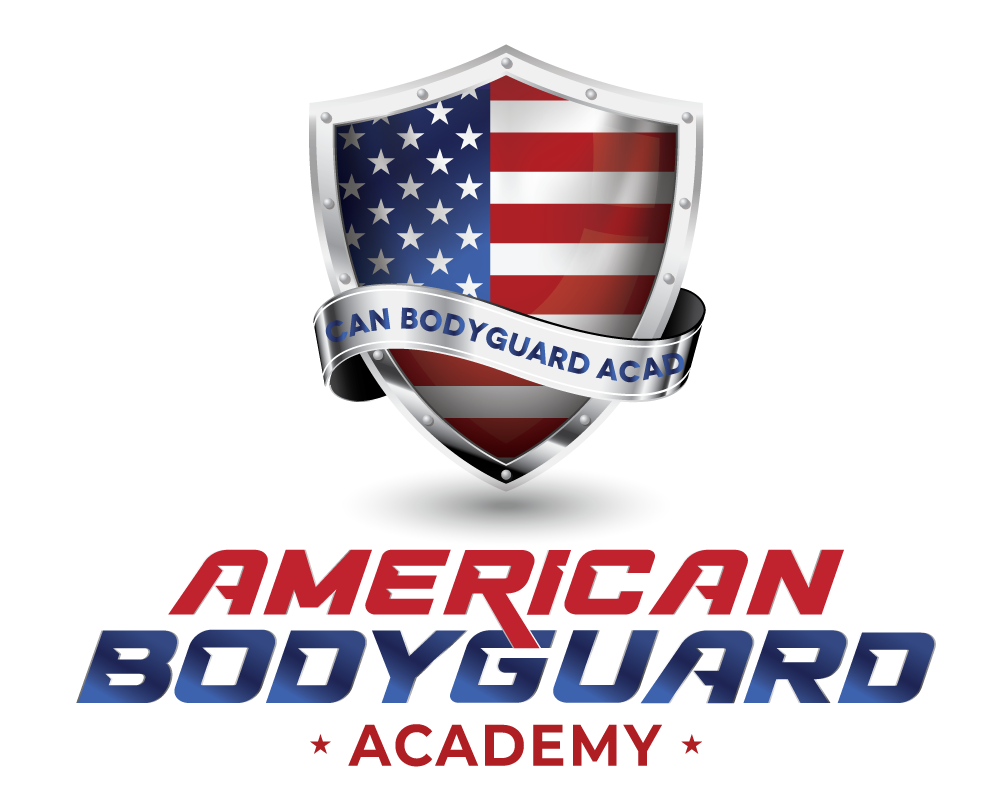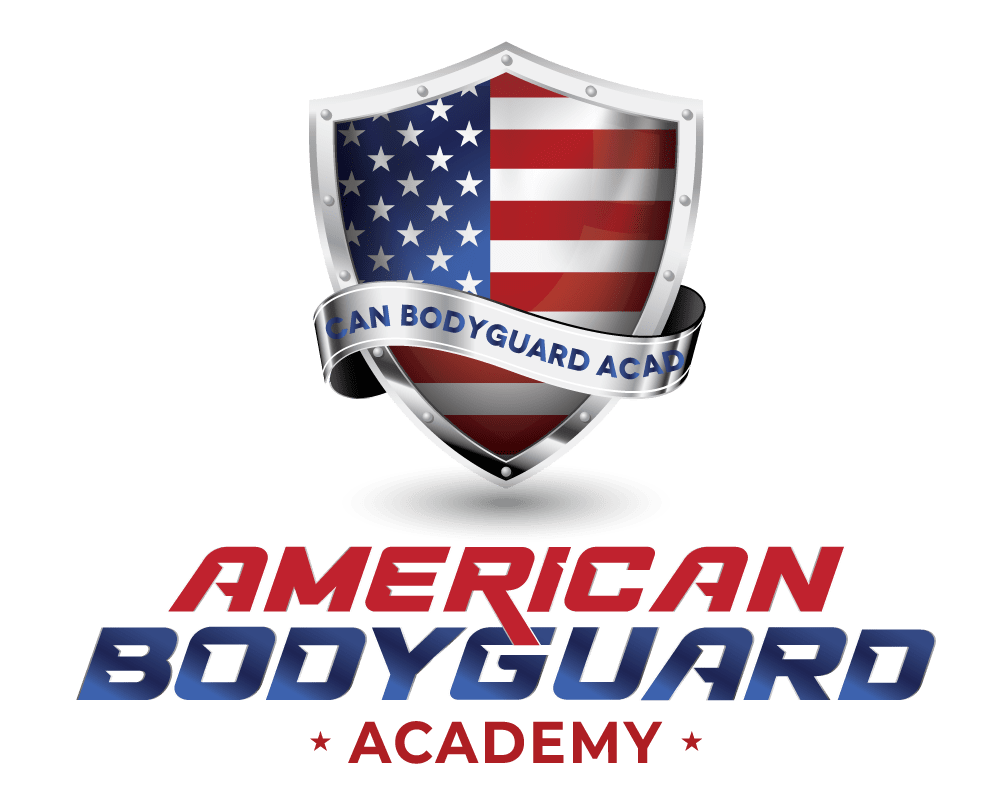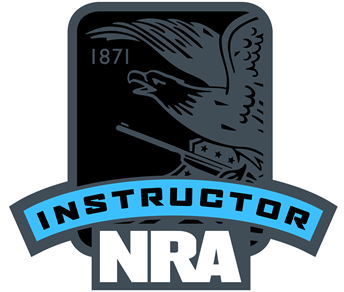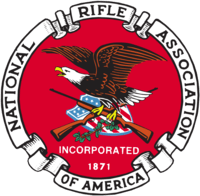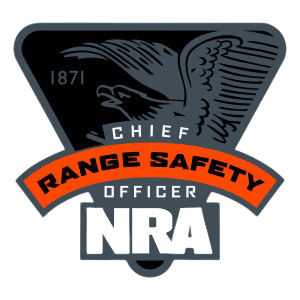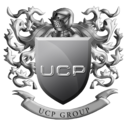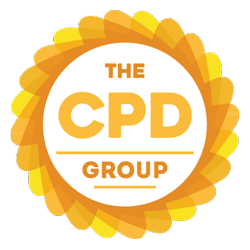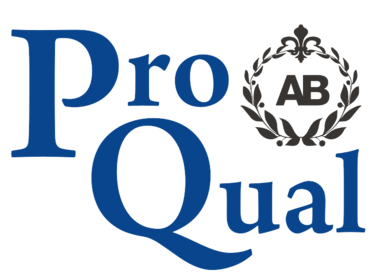ABA Level 3 Award in Assessing Vocationally Related Achievement
Introduction
The ABA assessor suite of qualifications provides nationally recognised qualifications for candidates whose role involves assessing competence based units or qualifications:
• Level 3 Award in Assessing Competence in the Work Environment
• Level 3 Award in Assessing Vocationally Related Achievement
• Level 3 Certificate in Assessing Vocational Achievement
The awarding body for these qualifications is ABA Awarding Body and the regulatory body is the Office of Qualifications and Examinations Regulation (Ofqual). The specification for these qualifications has been approved by Qualifications Wales for use by centres in Wales and by the Council for the Curriculum Examinations and Assessment (CCEA) for use by centres in Northern Ireland.
These qualifications have been accredited onto the Regulated Qualifications Framework
(RQF). Candidates who achieve either of the Level 3 Awards may progress to the Level 3
Certificate which provides a progression route to discipline related Level 4 qualifications
such as ABA’s Internal Quality Assurance qualifications.
Entry Requirements
Qualification Structure
Candidates must complete 2 Mandatory units.

Assessment
Learning outcomes set out what a candidate is expected to know, understand or be able to do.
Assessment criteria specify the standard a candidate must meet to show the learning outcome has been achieved.
Evidence can include:
• observation report by assessor
• assignments/projects/reports
• professional discussion
• witness testimony
• candidate product
• worksheets
• record of oral and written questioning
• Recognition of Prior Learning
Learning Outcomes and Assessment Criteria
Unit D/601/5313:
Understanding the principles and practices of assessment
All learning outcomes in this unit must be assessed using methods appropriate to the assessment of knowledge and understanding.
Learning Outcome - The learner
will:
Assessment Criterion - The learner can:
1. Understand the principles and requirements of assessment
1.1 Explain the functions of assessment in learning and development
1.2 Define the key concepts and principles of assessment
1.3 Explain the responsibilities of the assessor
1.4 Identify the regulations and requirements relevant to assessment in own area of practice
2. Understand different types of assessment method
2.1 Compare the strengths and limitations of a range of assessment methods with reference to the needs of individual learners
3. Understand how to plan assessment
3.1 Summarise key factors to consider when planning assessment
3.2 Evaluate the benefits of using a holistic approach to assessment
3.3 Explain how to plan a holistic approach to assessment
3.4 Summarise the types of risks that may be involved in assessment in own area of responsibility
3.5 Explain how to minimise risks through the planning process
4. Understand how to involve learners and others in assessment
4.1 Explain the importance of involving the learner and others in the assessment process
4.2 Summarise types of information that should be made available to learners and others involved in the assessment process
4.3 Explain how peer and self-assessment can be used effectively to promote learner involvement and personal responsibility in the assessment of learning
4.4 Explain how assessment arrangements can be adapted to meet the needs of the individual learners
5. Understand how to make assessment decisions 5.1 Explain how to judge whether evidence is:
• sufficient
• authentic
• current
5.2 Explain how to ensure that assessment decisions are:
• made against specified criteria
• valid
• reliable
• fair
6. Understand quality assurance of the assessment process
6.1 Evaluate the importance of quality assurance in the assessment process
6.2 Summarise quality assurance and standardisation procedures in own area of practice
6.3 Summarise the procedures to follow when there are disputes concerning assessment in own area of practice
7. Understand how to manage information relating to assessment
7.1 Explain the importance of following procedures for the management of information relating to assessment
7.2 Explain how feedback and questioning contribute to the assessment process
8. Understand the legal and good practice requirements in relation to assessment
8.1 Explain legal issues, policies and procedures relevant to assessment, including those for confidentiality, health, safety and welfare
8.2 Explain the contribution that technology can make to the assessment process
8.3 Evaluate requirements for equality and diversity and, where
appropriate, bilingualism, in relation to assessment
8.4 Explain the value of reflective practice and continuing professional development in the assessment process
Unit H/601/5314:
Assess occupational competence in the work environment
The aim of this unit is to assess the candidate assessor’s performance in assessing occupational competence in an individual’s work environment.
This unit requires evidence of using the following assessment methods:
• observation of performance in the work environment
• examining products of work
• questioning the learning
• discussing with the learner
• use of others (witness testimony)
• looking at learner statements
• recognising prior learning
Learning Outcome - The learner
will:
Assessment Criterion - The learner can:
1. Be able to plan the assessment of occupational competence
1.1 Plan assessment of occupational competence based on the following methods:
• observation of performance in the work environment
• examining products of work
• questioning the learner
• discussing with the learner
• use of others (witness testimony)
• looking at learner statements
• recognising prior learning
1.2 Communicate the purpose, requirements and processes of assessing occupational competence to the learner
1.3 Plan the assessment of occupational competence to address learner needs and current achievements
1.4 Identify opportunities for holistic assessment
2. Be able to make assessment decisions about occupational competence
2.1 Use valid, fair and reliable
assessment methods including:
• observation of performance
• examining products of work
• questioning with the learner
• discussing with the learner
• use of others (witness testimony)
• looking at learner statements
• recognising prior learning
2.2 Make assessment decisions of occupational competence against specified criteria
2.3 Follow standardisation procedures
2.4 Provide feedback to learners that affirms achievement and identifies any further implications for learning, assessment and progression
3. Be able to provide required information following the assessment of occupational competence
3.1 Maintain records of the assessment of occupational competence, its outcomes and learner progress
3.2 Make assessment information available to authorised colleagues
3.3 Follow procedures to maintain the confidentiality of assessment information
4. Be able to maintain legal and good practice requirements when assessing occupational competence
4.1 Follow relevant policies, procedures and legislation for the assessment ofoccupational competence, including those for health, safety and welfare
4.2 Apply requirements for equality and diversity and, where appropriate, bilingualism, when assessing occupational competence
4.3 Evaluate own work in carrying out assessments of occupational competence
4.4 Maintain the currency of own expertise and competence as relevant to own role in assessing occupational competence
Unit F/601/5319:
Assess vocational skills, knowledge and understanding
The aim of this unit is to assess the candidate assessor’s performance in assessing vocational skills, knowledge and understanding in environments other than the workplace, for example workshops, classrooms or other training environments.
Assessment methods include:
• assessments of the learner in simulated environments
• skills tests
• oral and written questions
• assignments
• projects
• case studies
• recognising prior learning
The unit does not require the design of assessments.
Learning Outcome - The learner
will:
Assessment Criterion - The learner can:
1. Be able to prepare assessments of vocational skills, knowledge and understanding
1.1 Select methods to assess vocational skills, knowledge and understanding which address learner needs and meet assessment requirements, including:
• assessments of the learner in simulated environments
• skills tests
• oral and written questions
• assignments
• projects
• case studies
• recognising prior learning
1.2 Prepare resources and conditions for the assessment of vocational skills, knowledge and understanding
1.3 Communicate the purpose, requirements and processes of assessment of vocational skills, knowledge and understanding to learners
2. Be able to carry out assessments of vocational skills, knowledge and understanding
2.1 Manage assessments of vocational skills, knowledge and understanding to meet assessment requirements
2.2 Provide support to learners within agreed limitations
2.3 Analyse evidence of learner achievement
2.4 Make assessment decisions relating to vocational skills, knowledge and understanding against specified criteria
2.5 Follow standardisation procedures
2.6 Provide feedback to the learner that affirms achievement and identifies any further implications for learning, assessment and progression
3. Be able to provide required information following the assessment of vocational skills, knowledge and understanding
3.1 Maintain records of the assessment of vocational skills, knowledge and understanding, its outcomes and learner progress
3.2 Make assessment information available to authorised colleagues as required
3.3 Follow procedures to maintain the confidentiality of assessment information
4. Be able to maintain legal and good practice requirements when assessing vocational skills, knowledge and understanding
4.1 Follow relevant policies, procedures and legislation relating to the assessment of vocational skills, knowledge and understanding, including those for health, safety and welfare
4.2 Apply required for equality and diversity and, where appropriate, bilingualism
4.3 Evaluate own work in carrying out assessments of vocational skills, knowledge and understanding
4.4 Take part in continuing professional development to ensure current expertise and competence in assessing vocational skills, knowledge and understanding
Level
Total Qualification Time
54 hours
Course Location
Assessment
Pass Or Fail Assessed And Verified By Centre Staff External Quality Assurance By ABA Verifiers Qualification
